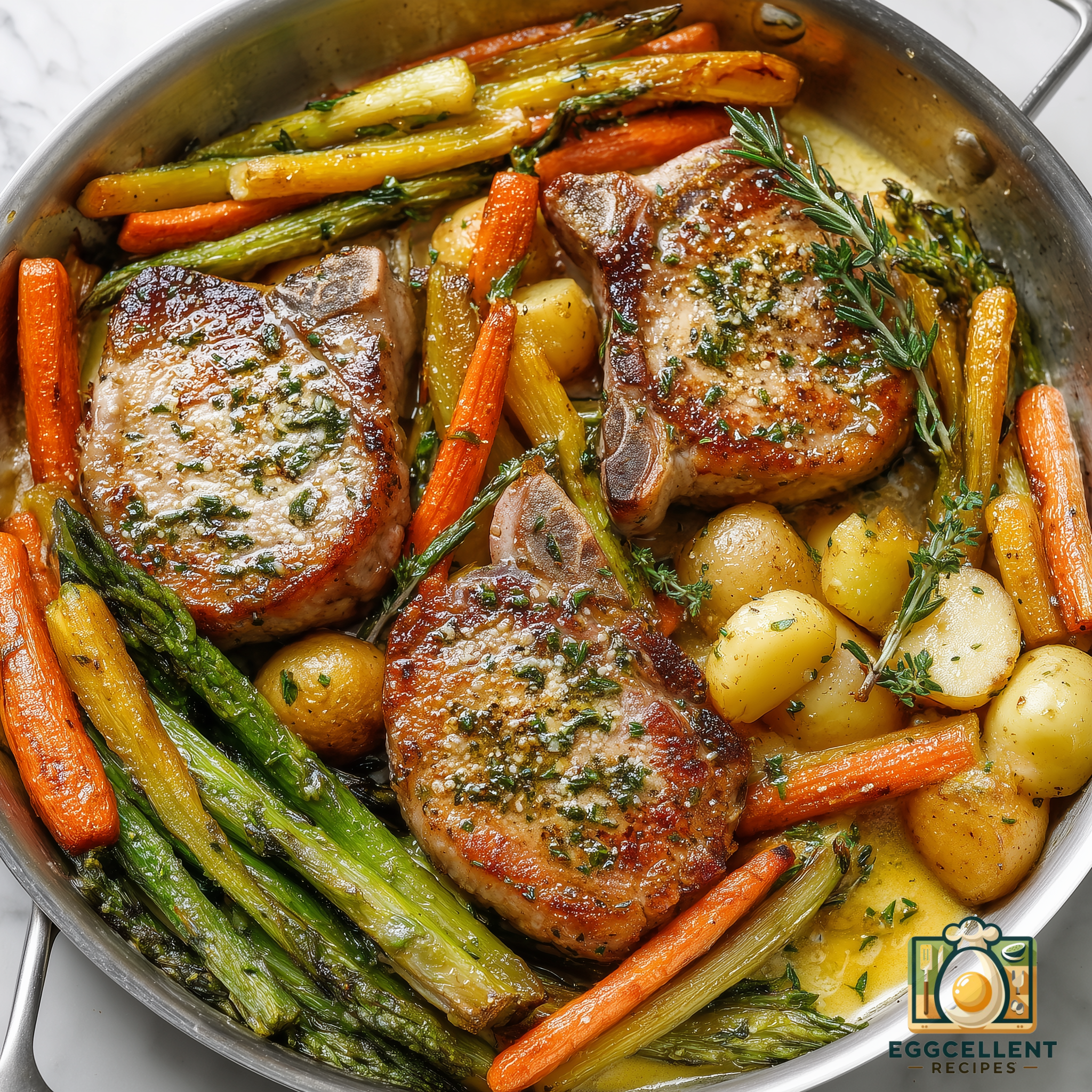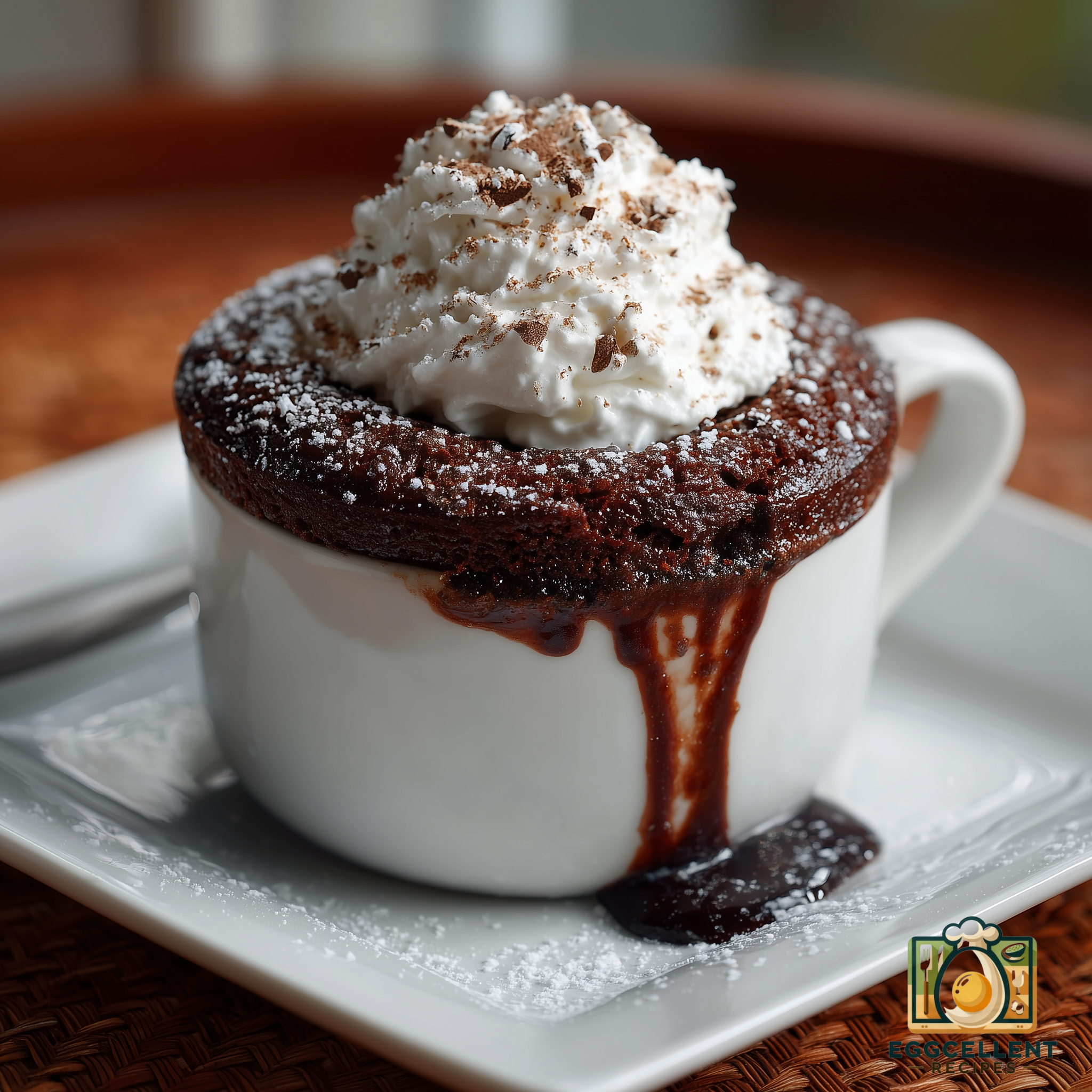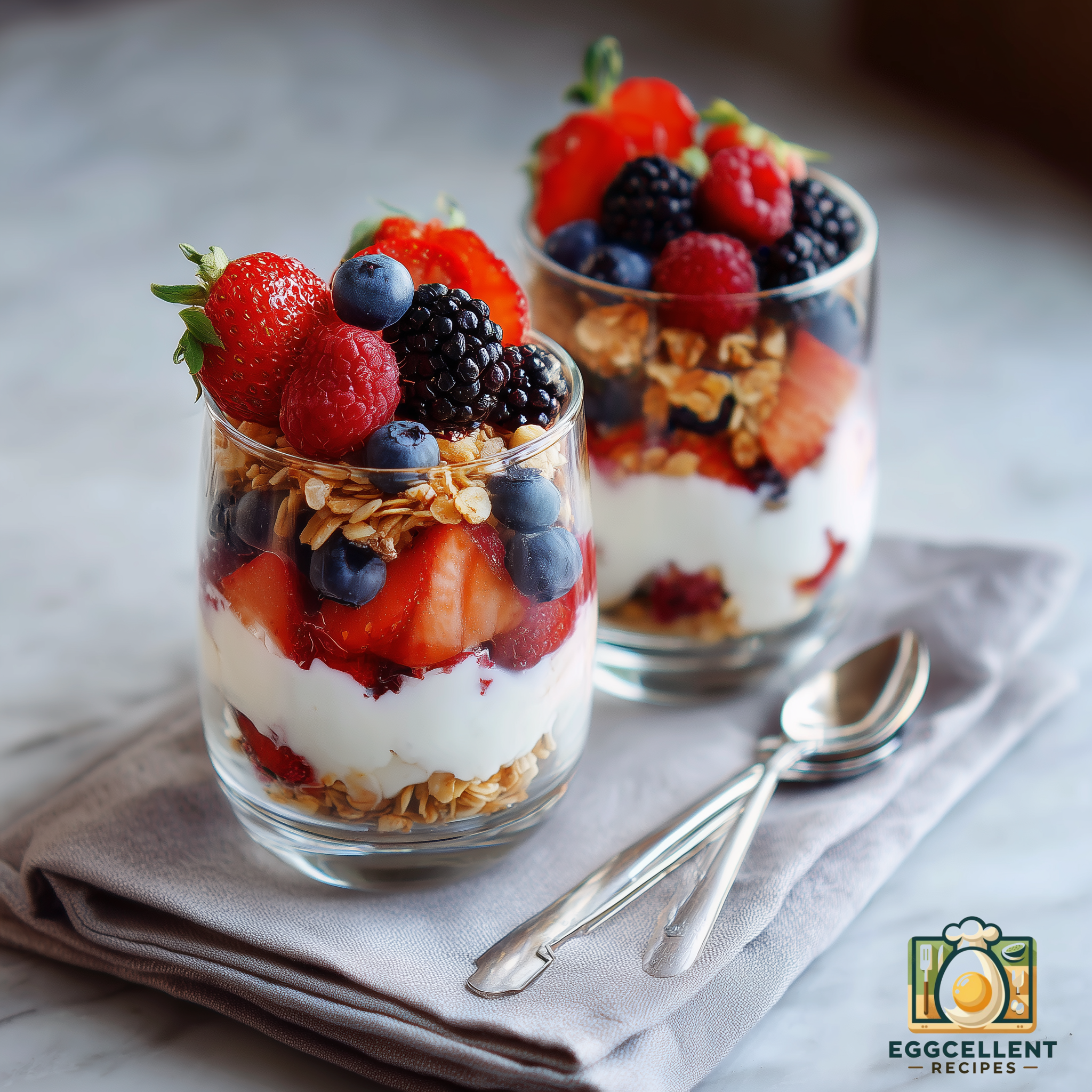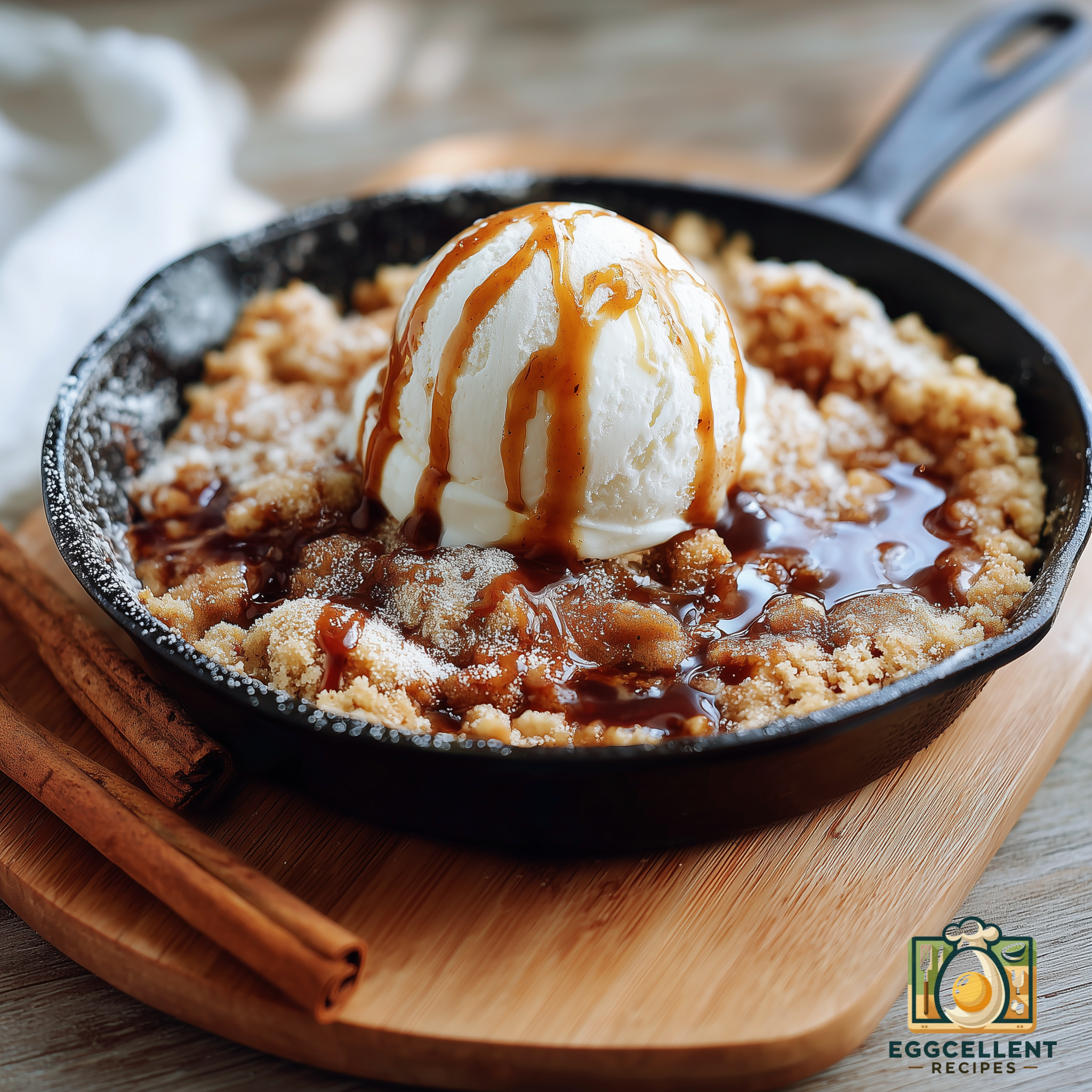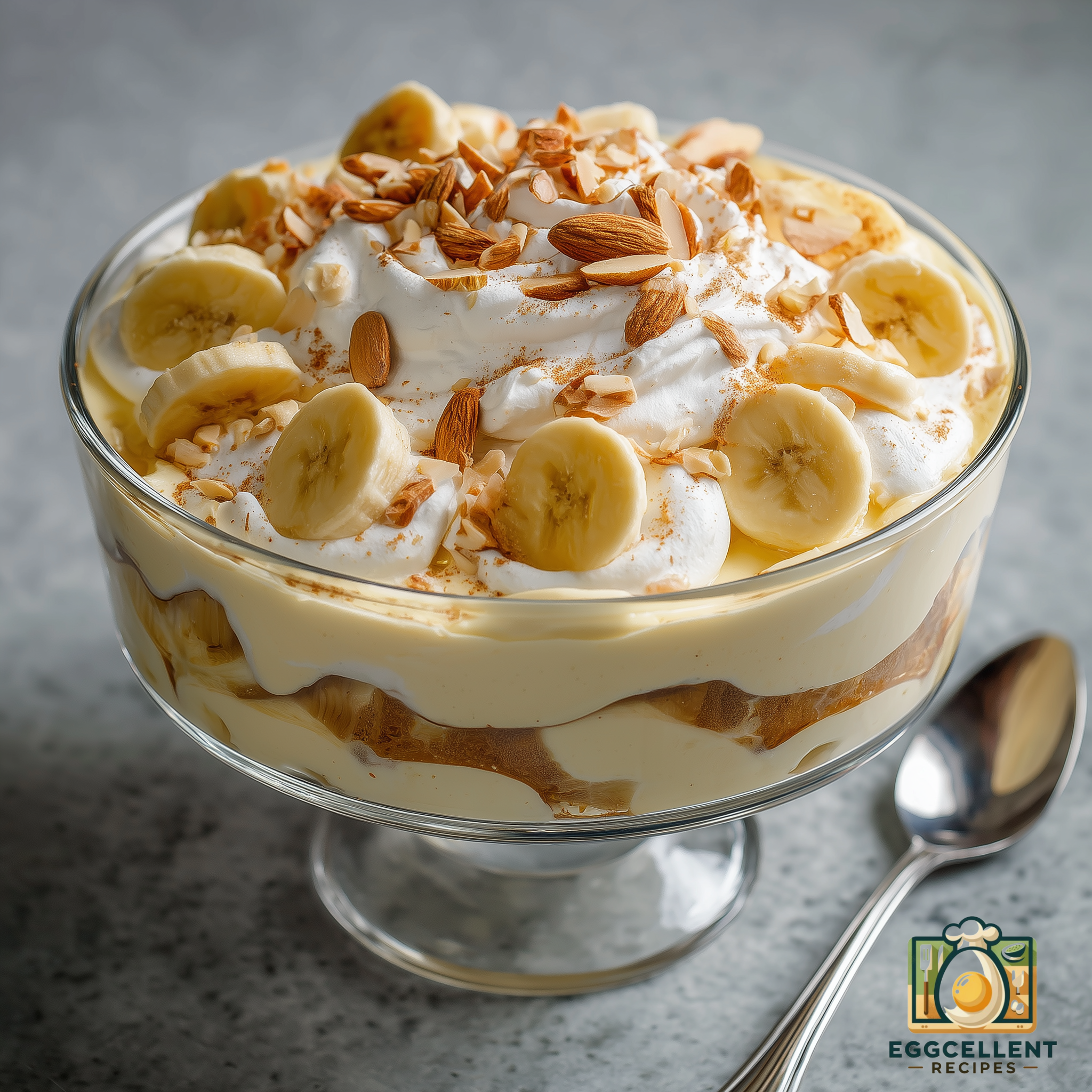
Chronic inflammation has been linked to numerous health issues, including arthritis, heart disease, diabetes, and even certain types of cancer. While inflammation is a natural response to injury or infection, long-term inflammation can wreak havoc on the body. Fortunately, diet plays a critical role in managing and reducing inflammation. Incorporating anti-inflammatory foods into your daily meals can promote better health and protect against disease. Here’s a comprehensive list of the best anti-inflammatory foods to add to your diet.
1. Fatty Fish
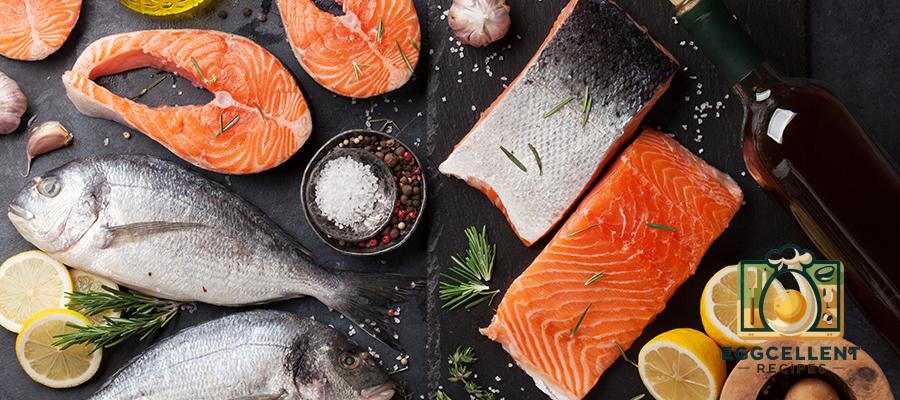
Fatty fish such as salmon, mackerel, sardines, and herring are among the best sources of omega-3 fatty acids, which are renowned for their anti-inflammatory properties.
- How to Enjoy It: Grill, bake, or pan-sear salmon for dinner, or add tuna to a lunchtime salad.
2. Leafy Green Vegetables
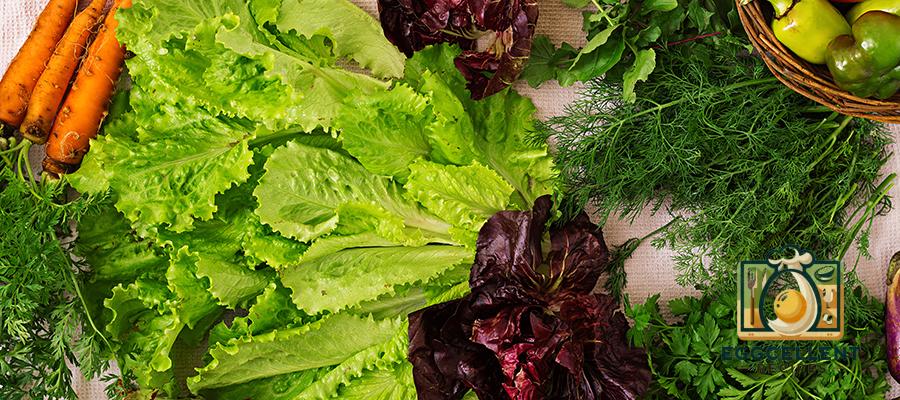
Spinach, kale, Swiss chard, and other leafy greens are loaded with antioxidants and vitamins, especially vitamin K, which helps reduce inflammation.
- How to Enjoy It: Add spinach to smoothies, toss kale into salads, or sauté Swiss chard as a side dish.
3. Berries
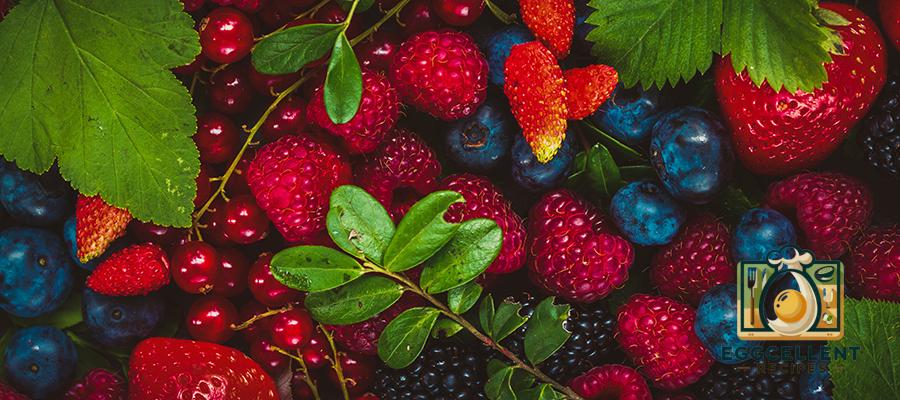
Berries, including blueberries, strawberries, raspberries, and blackberries, are packed with antioxidants known as anthocyanins that help combat inflammation.
- How to Enjoy It: Top your morning oatmeal with a handful of mixed berries, or enjoy them as a refreshing snack.
4. Turmeric
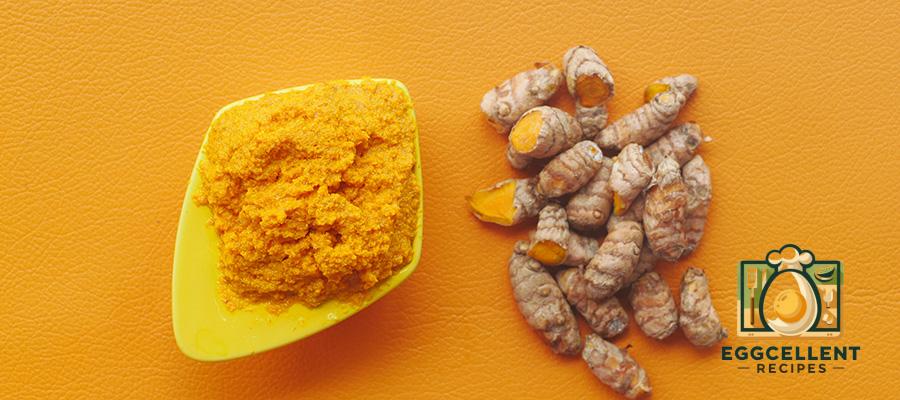
Turmeric contains curcumin, a powerful anti-inflammatory compound. Adding this vibrant yellow spice to your meals can help combat inflammation.
- How to Enjoy It: Use turmeric in curries, soups, or lattes for a flavorful and health-boosting kick.
5. Nuts and Seeds
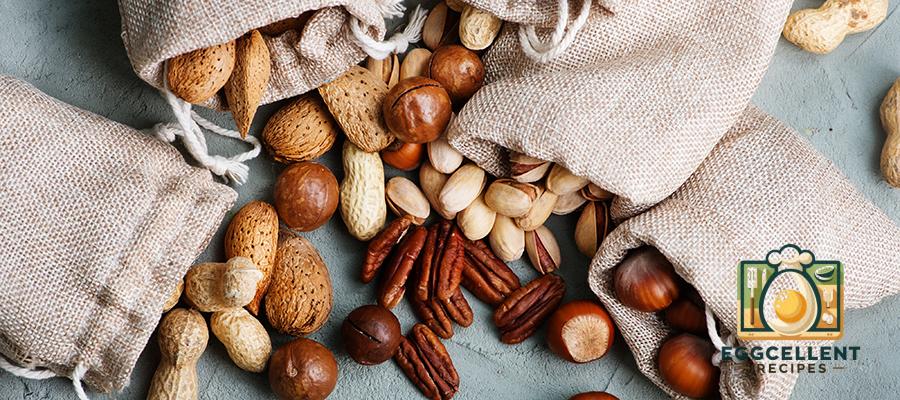
Almonds, walnuts, flaxseeds, and chia seeds are rich in healthy fats, fiber, and omega-3 fatty acids, all of which help reduce inflammation.
- How to Enjoy It: Snack on raw almonds, sprinkle chia seeds on yogurt, or blend flaxseeds into smoothies.
6. Olive Oil
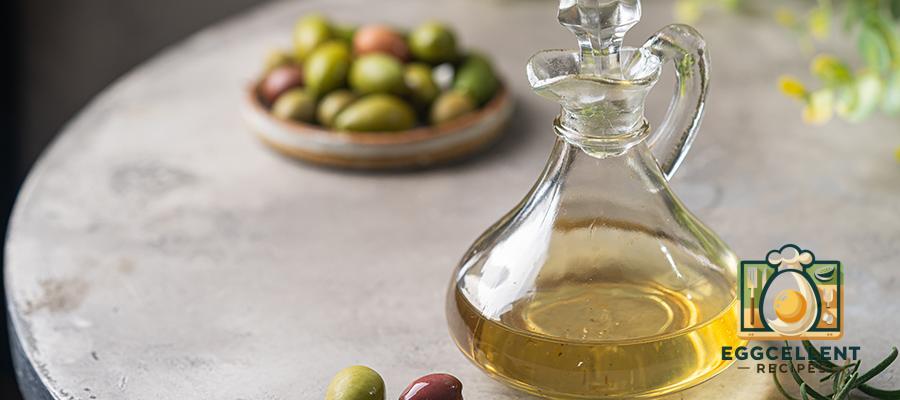
Extra virgin olive oil is a staple in anti-inflammatory diets, such as the Mediterranean diet. It contains oleocanthal, a compound that mimics the effects of anti-inflammatory drugs.
- How to Enjoy It: Drizzle olive oil over salads, use it for roasting vegetables, or mix it into dressings.
7. Ginger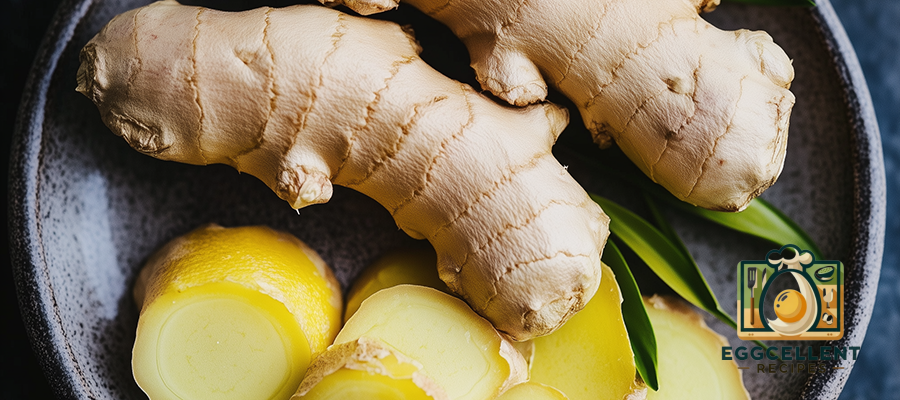
Ginger has potent anti-inflammatory and antioxidant properties that can help ease symptoms of inflammation, such as joint pain.
- How to Enjoy It: Brew ginger tea, grate fresh ginger into soups, or add it to stir-fries for a zesty flavor.
8. Tomatoes
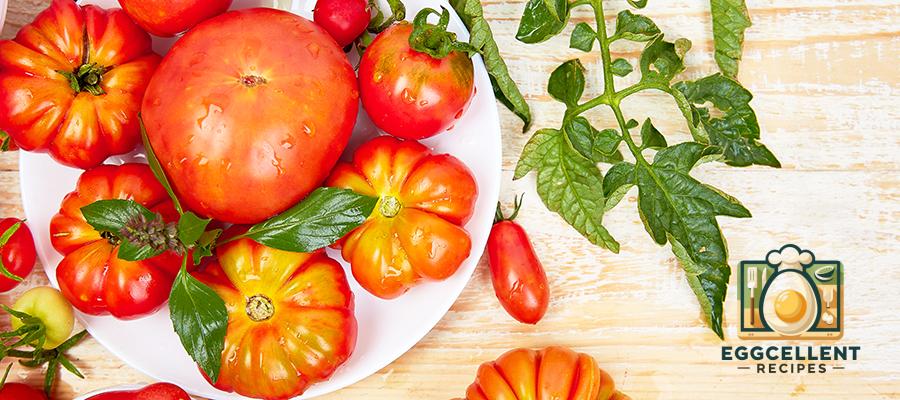
Tomatoes are high in lycopene, a powerful antioxidant that fights inflammation and oxidative stress. Cooked tomatoes are particularly beneficial, as cooking increases lycopene availability.
- How to Enjoy It: Make tomato-based sauces, soups, or stews for a nutrient-packed meal.
9. Garlic
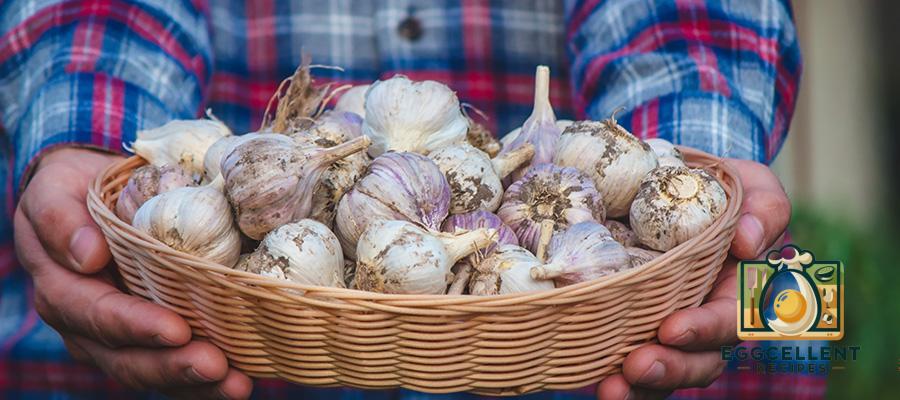
Garlic contains sulfur compounds that stimulate the immune system and reduce inflammation.
- How to Enjoy It: Add minced garlic to dressings, marinades, or roasted vegetables for extra flavor.
10. Whole Grains
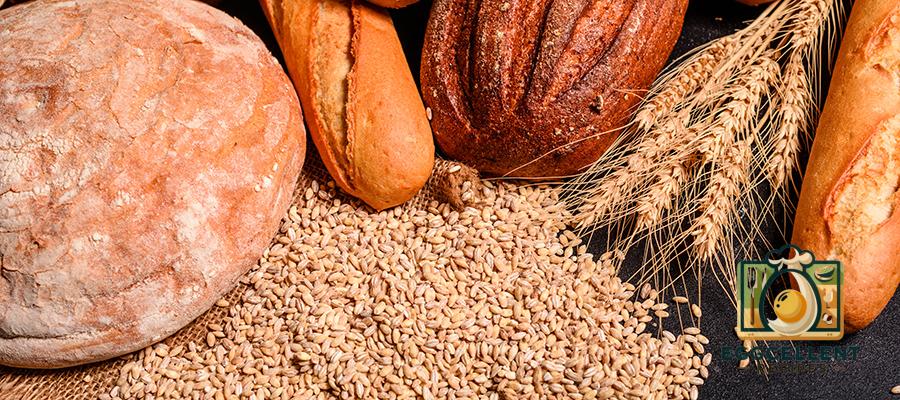
Whole grains like quinoa, brown rice, and oatmeal are excellent sources of fiber, which supports gut health and reduces inflammation.
- How to Enjoy It: Start your day with a bowl of oatmeal or serve quinoa as a side dish with roasted veggies.
11. Avocados
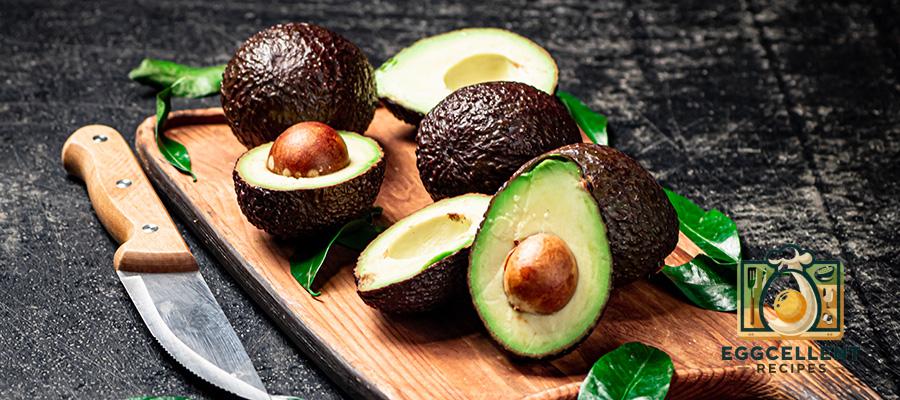
Avocados are nutrient-dense and contain monounsaturated fats and carotenoids, which are linked to reduced inflammation.
- How to Enjoy It: Add avocado slices to salads, spread it on toast, or blend it into smoothies.
12. Peppers
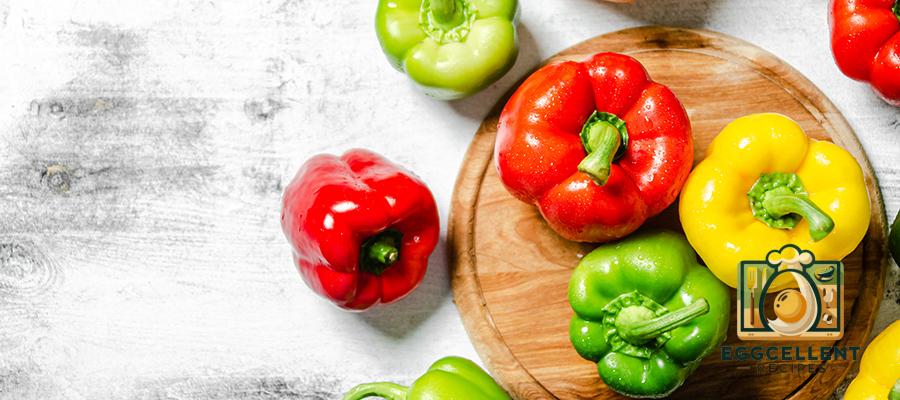
Bell peppers and chili peppers are rich in vitamin C and capsaicin, compounds that help combat inflammation.
- How to Enjoy It: Add peppers to stir-fries, fajitas, or salads for a vibrant crunch.
13. Mushrooms
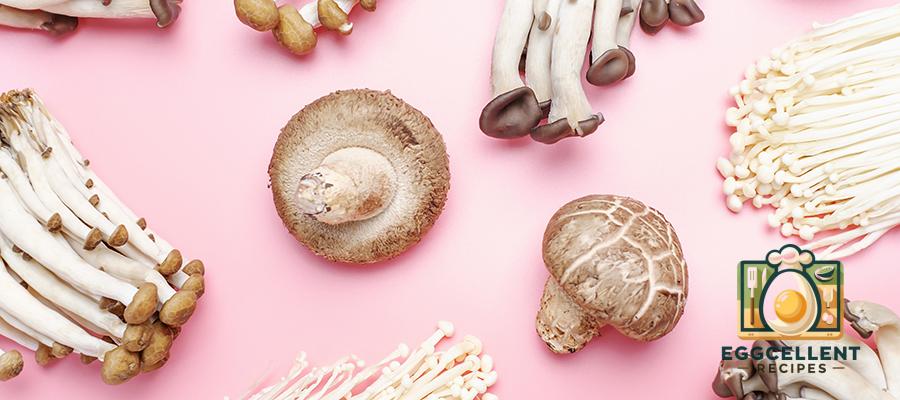
Certain mushrooms, such as shiitake and maitake, are high in compounds that reduce inflammation.
- How to Enjoy It: Include mushrooms in soups, pasta dishes, or as a topping for grain bowls.
14. Green Tea
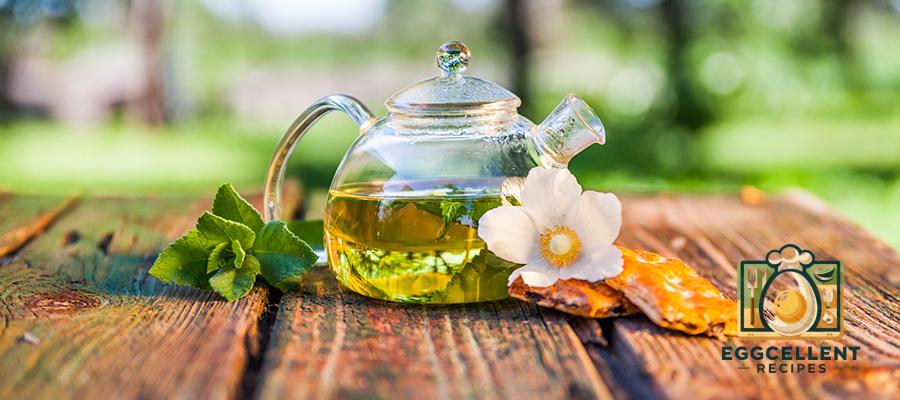
Green tea contains polyphenols, particularly epigallocatechin gallate (EGCG), which are powerful anti-inflammatory compounds.
- How to Enjoy It: Enjoy 2–3 cups of green tea daily for maximum benefits.
15. Dark Chocolate
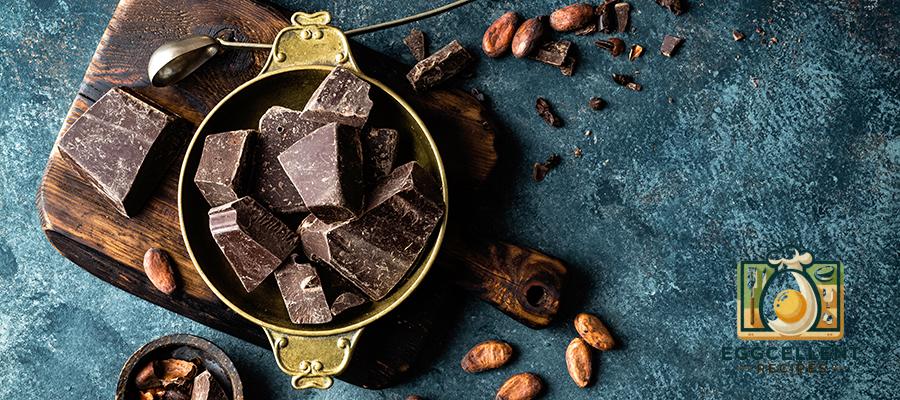
Dark chocolate with at least 70% cocoa content is loaded with flavonoids, which help reduce inflammation and improve heart health.
- How to Enjoy It: Snack on a small piece of dark chocolate or add cocoa powder to smoothies.
Foods to Avoid
To maximize the benefits of an anti-inflammatory diet, avoid or limit:
- Processed and sugary foods
- Refined carbohydrates (e.g., white bread, pastries)
- Trans fats and hydrogenated oils
- Excessive alcohol consumption
Final Thoughts
An anti-inflammatory diet doesn’t just fight inflammation—it promotes overall health and well-being. By incorporating these nutrient-packed foods into your meals, you can reduce inflammation, support your immune system, and enjoy delicious, wholesome dishes. Make these foods a staple in your kitchen to help your body thrive naturally!

